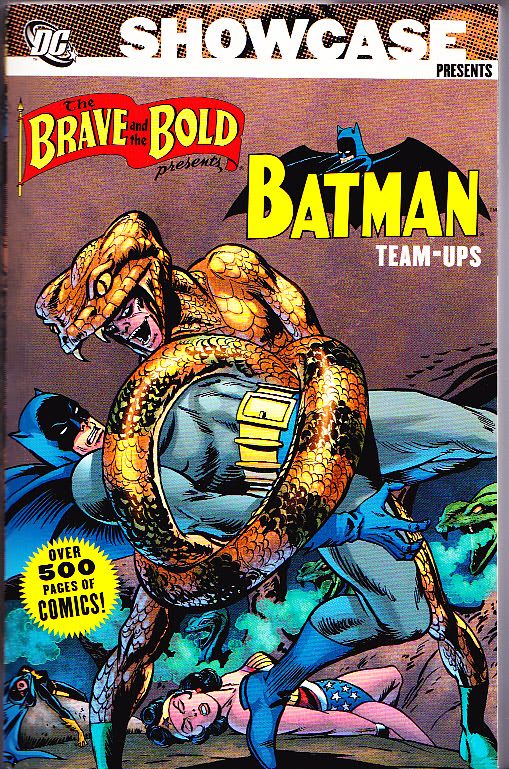Finished Vernor Vinge's
The Witling. This is a sort of "hard fantasy" that could probably appeal to SF and F fans alike. Humanity's gone through several cycles of interstellar boom and bust and, in one region during one ascending period, a world has sent out a colony which establishes itself in one of two habitable planets in a system. Our pair of initial protagonists get spaceshipwrecked while visiting the neighbors (who may be alien or a lost colony of humans) who have a variety of psychic powers and live in a strange sort of advanced primitivism due to their lack of technology and presence of teleportation, density reading, and mind-killing ability. This psychic magic is dealt with in hard SF terms including the physical exchanges that must be made in teleporting, the speed of rotation of the planet, and a zillion other details. But something nearer to the core of the story is how the complex society is balanced on this world between aristocratic and (generally) big-psi-power folks, lesser commoners, and the ultra-powerful but tiny Guild and how our protagonists may upset the apple cart. But the real core of the story is the fascinating trio of characters: our two visitors: an old male archaeologist and a young female pilot who is not attractive amongst her own people, and our main local: the prince of the major kingdom of the planet who is a "witling" or a person without mental powers - as are the alien pair.
I don't know how much to say without doing any minor spoiling but I think it'd be okay to say that I was initially loving what seemed to be a very confidently told tale of counterbalanced forces in a court intrigue to try to get our protagonists home and was less satisfied with the less confident second half which changed the type of plot skeleton we'd been using and ratcheted up the tension in beyond plausible ways. I wasn't bored so I didn't need sorts of artificial tensions piled upon natural tensions to keep my interest. And, not spoiling at all, but I can see the... I dunno... "poetry" of the ending but don't personally agree with it. So I ended up not quite loving it like I thought I might but it's still really excellent and highly recommended - except for a bit of excess, the second half is just as good as the first - just not
like the first. And there is that excess.
It's interesting to me that Vinge has mostly written novels in pairs of about seven year itches.
Grimm's World (1969) and
The Witling (1976) have some commonalities. The exceptionally quick pair of
The Peace War (1984) and
Marooned in Realtime (1986) are a literal series. Then came the next series, as different from the previous pair as they were from the pair before them, with
A Fire Upon the Deep (1992) and
A Deepness in the Sky (1999). Then came
Rainbow's End (2006) on schedule but it only took five years for
Children of the Sky (2011) and that forms a trilogy with the earlier pair, leaving
Rainbows End by itself.
I have yet to read the latest one but I can now happily recommend every other novel he's written, though
Rainbows End is probably my least favorite. And, if the collection
Threats/half of
Collected Stories is anywhere near as good as
True Names/the other half of
Collected Stories I would recommend all 8/9 of his books. Quality; not quantity.



